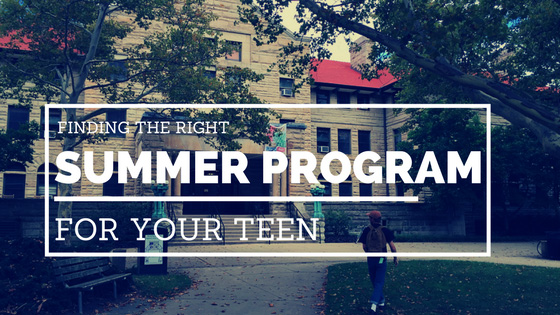
In a world filled with pressures and challenges, our teenage girls are facing unique struggles. Recent findings from the CDC have raised concerns about the mental and emotional well-being of teen girls across the nation. Central Ohio is no exception to this crisis, and it’s high time we come together to change their narrative. We want to show all of our girls their beauty and the bright futures that lies ahead of them. That’s why we invite you to join us for
The Confidence Mother-Daughter Brunch on October 14th at Mitchell Hall
on the beautiful campus of Columbus State Community College, from 11 am to 2pm
This special one-of-a-kind event aims to bring together teen girls and their moms for a day of bonding, self-discovery, and empowerment.
Confidence: A Key to Success
Confidence is the key that unlocks countless opportunities for our teenage girls. When they have confidence, they possess the courage to take risks, think outside the box, and pursue their dreams with unwavering determination. Moreover, confidence equips them with the resilience needed to navigate life’s most challenging obstacles, knowing that they can bounce back from even the most difficult setbacks.
The Unbreakable Mother-Daughter Bond
If you’re a mother, you understand that the mother-daughter bond is one of the strongest connections two people can share. This unique relationship is unlike any other within the family. It’s a special connection where disagreements are handled with care, understanding, and love. While teenage years can sometimes introduce rebellion, the foundation of a strong mother-daughter bond established from birth can weather even the stormiest of adolescent phases.
Benefits of a Strong Mother-Daughter Bond
The advantages of a strong mother-daughter bond are numerous and far-reaching. Here are a few key benefits that both mother and daughter can enjoy:
Great Support: A well-established mother-daughter relationship sets the stage for a lifetime of mutual support. When you invest in your daughter’s growth and development during her formative years, you’re sowing the seeds for a relationship where support flows both ways.
Your daughter is more likely to care for you in your old age, just as you cared for her in her youth.
Sincere Relationship: The mother-daughter relationship is often the most sincere of all. It’s free from judgment, allowing both parties to share their thoughts, concerns, and dreams openly. Having someone who unconditionally has your back, regardless of the situation, can bring immense fulfillment and peace.
True Friendship: A close mother-daughter relationship fosters true friendship. Daughters who grow up with a strong bond with their mothers learn the qualities of friendship, including loyalty, trustworthiness, empathy, and sharing. This foundational understanding helps them navigate friendships outside the family and make wise choices when it comes to forming lasting bonds.
The Confidence Mother-Daughter Brunch
At the Confidence Mother-Daughter Brunch, we are bringing together experts and speakers who understand the significance of this special bond. Our esteemed speakers, including SheKYRA Debree, Celia Anderson, Stephanie Shaw, and Shara Hutchinson, will share their wisdom and experiences to empower both mothers and daughters.
The expected outcome of this event is to enhance mother-daughter connections, fostering a renewed sense of self and illuminating thenvast possibilities that lie ahead. Through laughter, good food, heart-to-heart conversations, and surprises, we aim to create a day filled with precious memories that strengthen the bonds between mothers and daughters.
The Confidence Mother-Daughter Brunch is not just an event; it’s a movement to support and empower our teen girls and their mothers.
Together, we can change their narratives and show them the beauty and bright futures that await. Join us on October 14th for a day of inspiration, connection, and transformation. Let’s build a future where every teen girl feels confident, supported, and ready to embrace the limitless possibilities ahead.
Ready to buy tickets?
Visit:
https://www.eventbrite.com/e/the-confidence-mother-daughter-brunch-tickets-679646038597








